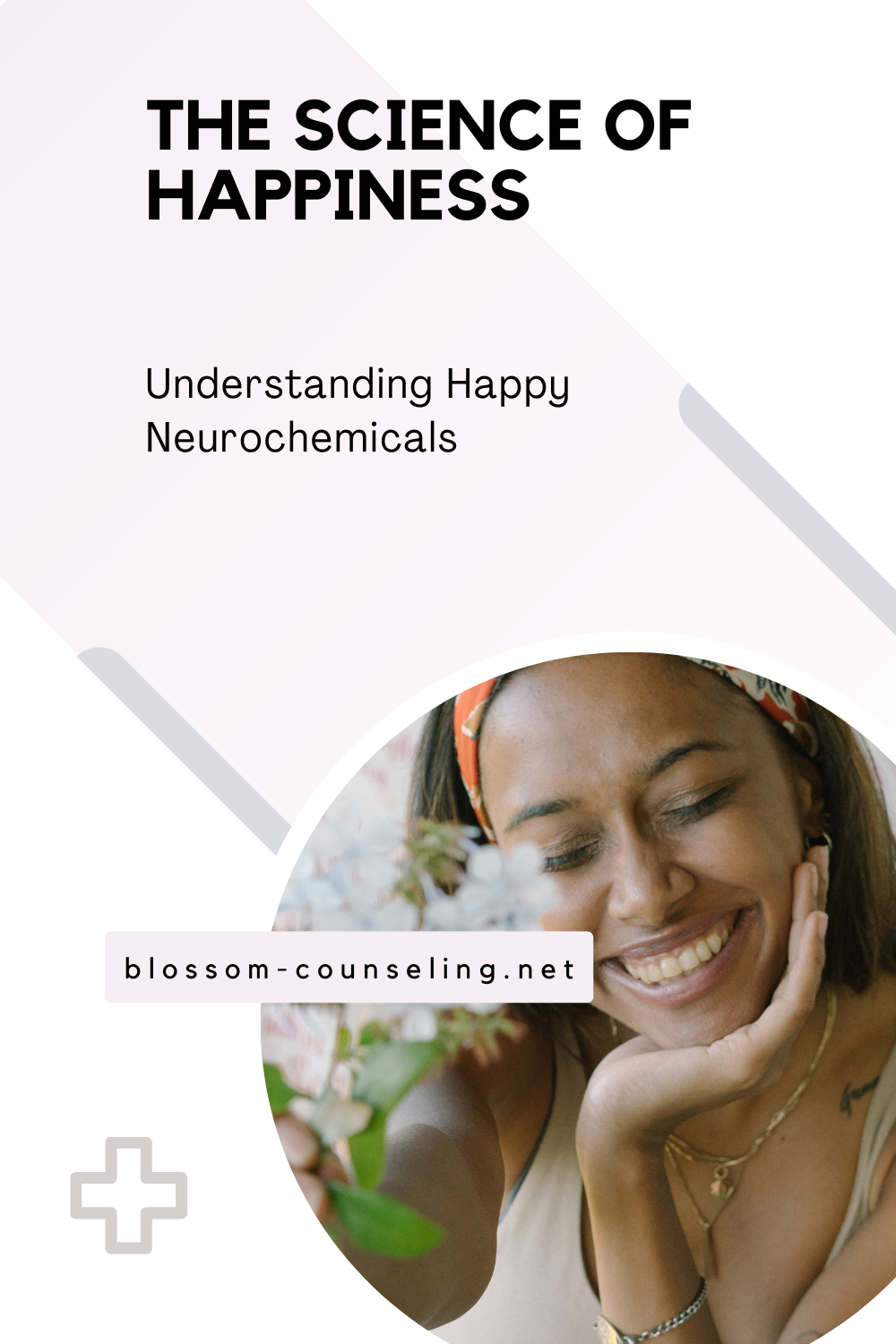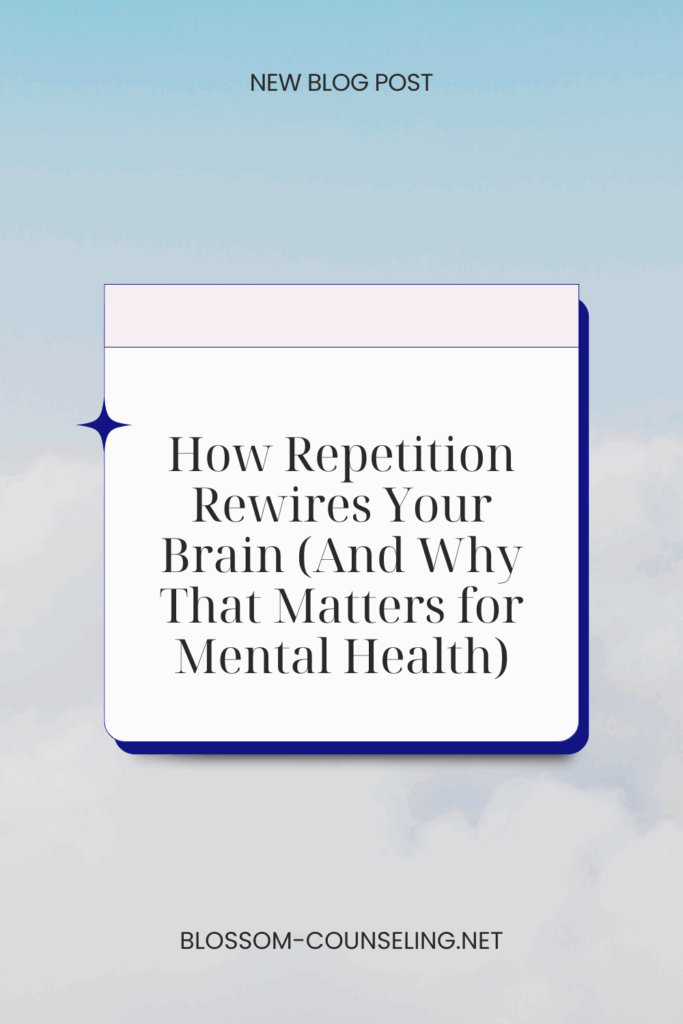
Ever wonder why certain activities, like devouring your favorite chocolate, cuddling with your pet, or nailing a workout, leave you feeling on top of the world? It’s not just the activities themselves; it’s also about the tiny, mighty molecules working behind the scenes in your brain – the happy neurochemicals. Let’s dive into the science of these natural mood lifters, which are like Mother Nature’s own brand of feel-good medicine.
Dopamine: The Reward Chemical
Picture this: You’ve just completed a project you’ve been working on for weeks. The moment you tick off that last task, you feel a surge of satisfaction. That’s dopamine. Often dubbed the ‘feel-good hormone,’ dopamine is associated with pleasurable sensations, along with learning, memory, motor system function, and more. It rewards us and motivates us to aim for that rush again, thus playing a crucial role in goal-oriented behavior.
Serotonin: The Mood Stabilizer
Now, imagine a serene, peaceful hike in the woods, breathing in the fresh air. This tranquility and sense of well-being can be attributed to serotonin. This hormone helps regulate mood, appetite, and sleep. Having balanced serotonin levels is key to maintaining a stable mood. It’s no wonder that serotonin imbalance is linked with mood disorders such as anxiety and depression. Serotonin is like the mindfulness guru of your body, keeping things in balance and ensuring you’re not tipping too far into stress or sadness.
Oxytocin: The Love Hormone
Ever felt a warm, fuzzy feeling after a long hug or a heartfelt chat with a friend? You can thank oxytocin, often called the ‘love hormone’ or ‘cuddle hormone.’ It deepens feelings of attachment and strengthens interpersonal relationships. Oxytocin is released in various social situations and influences social bonding, sexual reproduction, childbirth, and the period after childbirth. It reminds us that we’re social creatures and that connection is crucial for our well-being.
Endorphins: The Painkiller
Here’s to the runners and those who love a good laugh! Endorphins are your body’s natural painkillers. They minimize discomfort and pain and maximize pleasure, helping to alleviate stress and anxiety. Activities like exercise, laughter, and even eating spicy food trigger the release of endorphins. They are the reason behind the ‘runner’s high’ and the feelings of euphoria often reported after vigorous exercise.
The Balancing Act
It’s important to understand that these neurochemicals work in tandem, creating a delicate balance that affects your overall mood and well-being. A deficit or excess of these can lead to various mental health conditions. For instance, low levels of serotonin are associated with depression, while dopamine dysregulation is linked to addiction.
Fostering Your Happy Chemicals
So, how do you keep these chemicals in check? It’s all about a healthy lifestyle. Regular exercise, a balanced diet, adequate sleep, sunlight exposure, and positive social interactions can boost the production of these happy chemicals naturally. Moreover, practices like mindfulness and meditation can help regulate stress and maintain serotonin levels.
Understanding these neurochemicals empowers us to take actions that can positively influence our mood and mental health. While life’s ups and downs are inevitable, knowing how to naturally boost your mood can be a powerful tool in maintaining mental well-being. Remember, happiness is not just a state of mind; it’s also a state of brain. By nurturing your brain with what it needs to produce these chemicals, you’re setting the stage for more consistent and genuine happiness in your life.
Exploring the world of neurochemicals is not just fascinating; it’s also a step toward understanding ourselves and our pursuit of happiness. So the next time you’re savoring that piece of chocolate, know that it’s more than just a treat – it’s a small celebration of happiness on a molecular level!
</table
|
|




